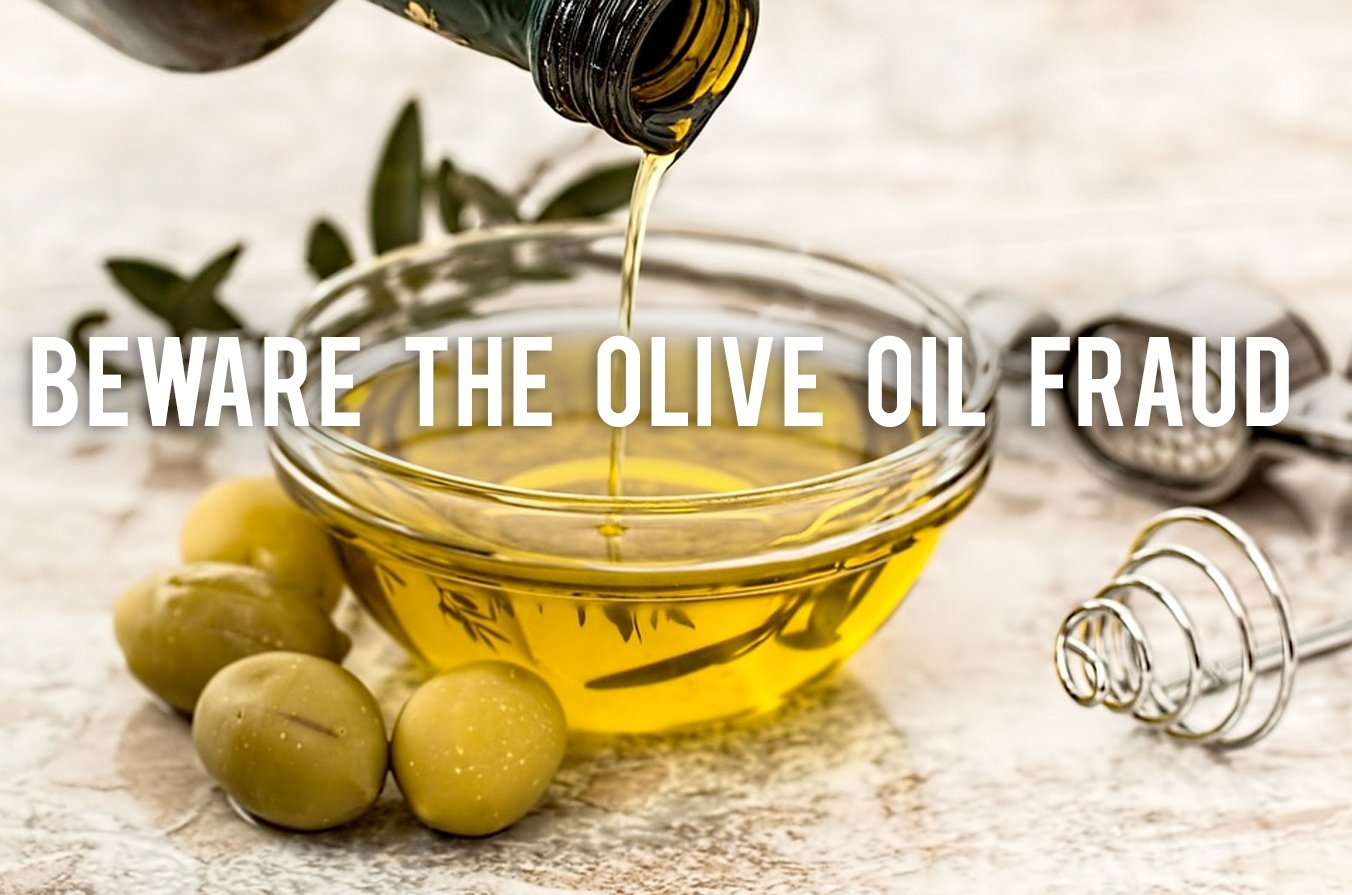
Especially if you’re in the food supply chain, you should be aware: the Extra-Virgin Olive Oil you may be buying or transporting may be a fraud! From 60 Minutes and The New York Times to various other sources, there have been various articles and segments on this topic.
First, olive oil is considered “extra virgin” when it has been produced by a simple pressing of the olives. Other grades like “olive oil” are usually produced using chemicals and other processes to extract the oil from the olives. Second, extra virgin must meet certain laboratory tests on things like acidity and levels of peroxide. Finally, extra virgin olive oil must taste like olives and it can’t have any negative tastes that professionals refer to as “defects."
The Reason Behind Fraud
It has been suggested that organized crime is behind the fraud. In many cases, a bottle labeled "extra-virgin olive oil" may not be olive oil at all, just a seed oil like sunflower made to look and smell like olive oil with a few drops of chlorophyll and beta-carotene.
Olive oil fraud is nothing new. The difference now is that the food supply chain is so vast, so global, and so lucrative that it's easy for the ‘bad guys’ to either introduce adulterated olive oils or mix in lower quality olive oils with extra-virgin olive oil. Some oil labeled olive oil may not be olive oil at all, but may actually be vegetable oil mixed with beta-carotene to disguise the flavor and chlorophyll for coloring.
European law requires that the label include the product origin, and if the oil is Italian, it should state “made with Italian oil” or “made with 100% Italian olives” or something similar. Many companies play with the label statements and maybe try to hide where the origin of the oil really is by printing on a corner of the label in very small font. Surprisingly, it is not illegal to label and stamp the bottles "Extra-Virgin" and "Imported from Italy".
According to the New York Times 69 percent of imported olive oil labeled ‘extra virgin’ did not meet, in a taste test, the standard for that label.” It is fair to point out that not all of these olive oil frauds had to do with a deliberately adulterated label. Some samples failed extra virgin standards for reasons that included one or more of the following: oxidation or aging; adulteration or poor quality oil.
Resources to Ensure Your Buying the Real McCoy
There are several tests you can do at home to tell if your oil is as advertised. One is the “Fridge Test.” The premise behind this test is that extra-virgin olive oil is comprised of mostly monounsaturated fats, which solidify when cold. Place your bottle of oil in the fridge. It should become thick and cloudy. The fridge test is not 100% reliable but it should give you some degree of assurance.
Another test is the oil lamp test. Extra-virgin olive oil ought to be flammable enough to keep an oil lamp burning. It will also burn without producing any noticeable smoke. So, if your olive oil will not keep a wick lit it is likely fake. This test also is not 100% reliable but may add additional assurance. Olive oil expert and journalist, Tom Mueller maintains a list on his blog of supermarket olive oils that are legitimately extra-virgin—both private labels like Cobram Estate and store brands. Whole Foods, you may be surprised to learn, sells only one legitimate extra-virgin oil under its 365 label, the California 365. Trader Joe’s, however, sells three decent oils—Greek Kalamata, California Estate, and “Premium”. Mueller’s list is by no means comprehensive, but it’s a good starting place.



 Land-Link, a well respected professional organization, has been providing its clients with effective transportation and logistics solutions since 1978.
Land-Link, a well respected professional organization, has been providing its clients with effective transportation and logistics solutions since 1978.

